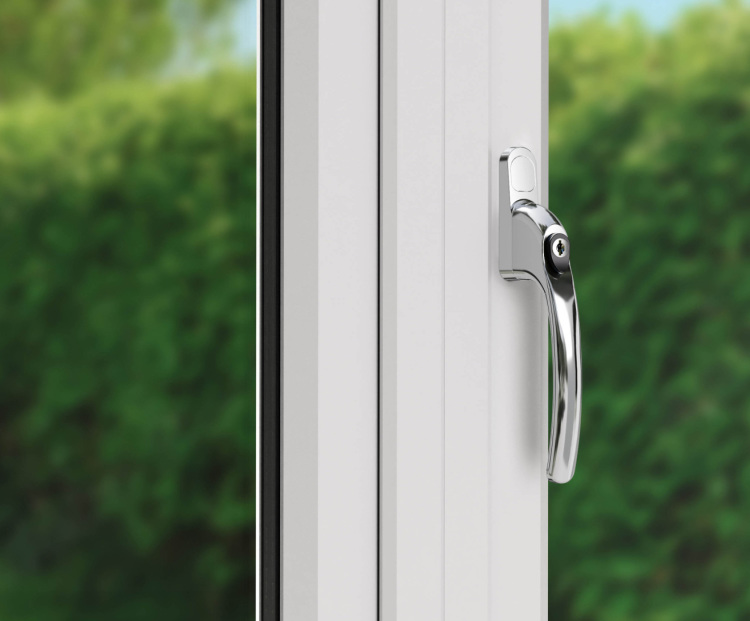Future Glazing
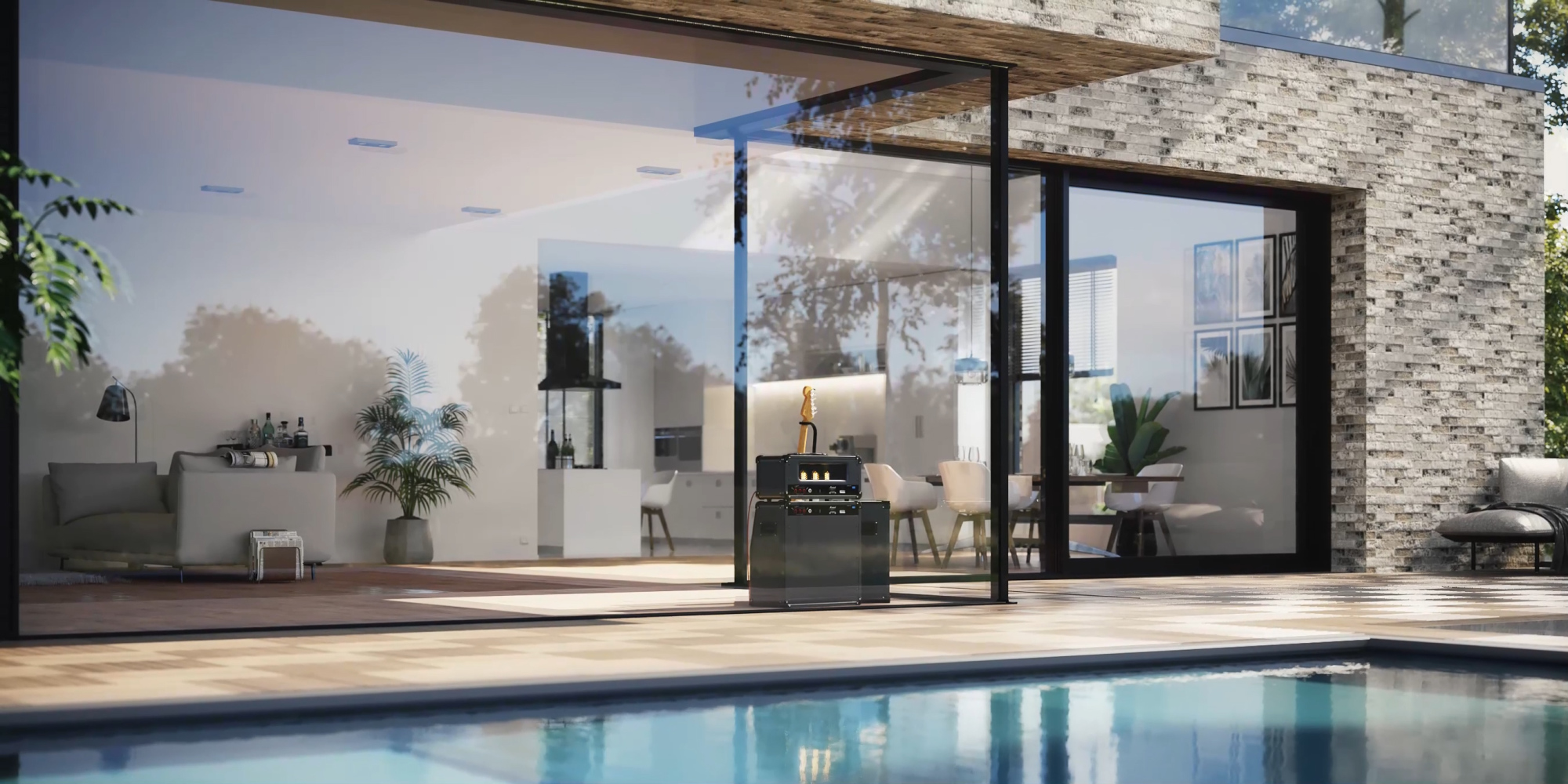
As the glazing sector waits on the changes the Future Homes Standard will bring, Reynaers Aluminium UK’s technical services director John McComb discusses the likely uplift in U-values and the impact they will have.
According to the latest figures from the UK Green Building Council, the built environment produces around 25% of the greenhouse gas emissions in the UK, with more than a third produced by homes.
The implementation of the Future Homes Standard is designed to accelerate the reduction of domestic carbon emissions and paves the way to decrease industry-wide emissions by 75% from 2025 – a necessary step if the UK has any chance of meeting its net zero ambitions by 2050.
To lay the groundwork, the government introduced incremental changes to U-value requirements last June, which saw a drop of 0.4 to 1.6W/m2K from the previous standard for windows and doors installed in new homes or buildings. While those installed in existing buildings required a minimum U-value rating of 1.4 (down from 1.6).
What will change
Almost a year on and the industry has responded well. For Reynaers, we’d spent the previous two years benchmarking our product range to make sure they complied with (or exceeded) the 2022 standards and worked closely with our customers to ensure they were fully versed in the changes.
We believe the next round of updates are likely to be significant (certainly in the new build sector) and have far reaching implications for the whole industry. We won’t know for certain until the consultation outcome is announced, yet we believe the U-value ratings for windows and door replacements in existing buildings are likely to remain at the same level as those introduced in 2022 (1.4W/m2k).
However, because the emissions reduction target for 2025 has been set at 80%, we believe the upgrade in values for windows and doors in new buildings is likely be a substantial reduction on the current levels. Consultation is also ongoing on likely changes to British Fenestration Rating Council (BFRC) compliance standards, which will also have an impact post-2025, especially for fabricators and installers working in the trade and retail sectors.
Investment now
The tightening of the values for buildings from the current rating of 1.6W/m2k will inevitably have an impact on the whole fenestration industry. And time is already of the essence – manufacturers should already be investing in developing the next generation of thermally efficient products.
To put the challenge the industry is facing in context, it typically takes Reynaers around 18 months to three years to develop a new product or system. This includes initial concept to prototyping, testing then manufacturing. Throughout each stage we gather and analyse data to ensure the products not only meet the required thermal performance characteristics but also adhere to our other key performance indicators for air, wind and water protection, durability, acoustics and security. Having our own testing capabilities enables us to accelerate progress.
Global experience
Being a part of a global group has meant we’re able to benefit from the expertise and experience gained in other territories. Our involvement in thermal legislative changes across the UK and Europe for more than twenty years gives us an advantage in understanding the market and the direction of travel. For example, this level of thermal performance is already being sought across other markets in Europe. So, we have been a part of the product development process working with our European colleagues to overcome the technical challenges involved in designing products with increasingly higher insulation levels.
Having a good understanding of the efficiency roadmap has enabled us to get ahead of the game and begin to stretch boundaries when it comes to developing a full suite of products that are fit for the future.
The MasterPatio range is a prime example of this which has been developed to meet demands for better thermal performance that also incorporates the latest architectural features.
The work we’re doing today will help to create systems that are fit for the future and offer improvements across the board, including better thermal efficiency, performance and security.
Picture: An example of Reynaers Aluminium UK’s MasterPatio range which has been developed to meet demands for better thermal performance and also incorporates the latest architectural features.
Article written by John McComb, Technical Director, Reynaers
11th December 2023





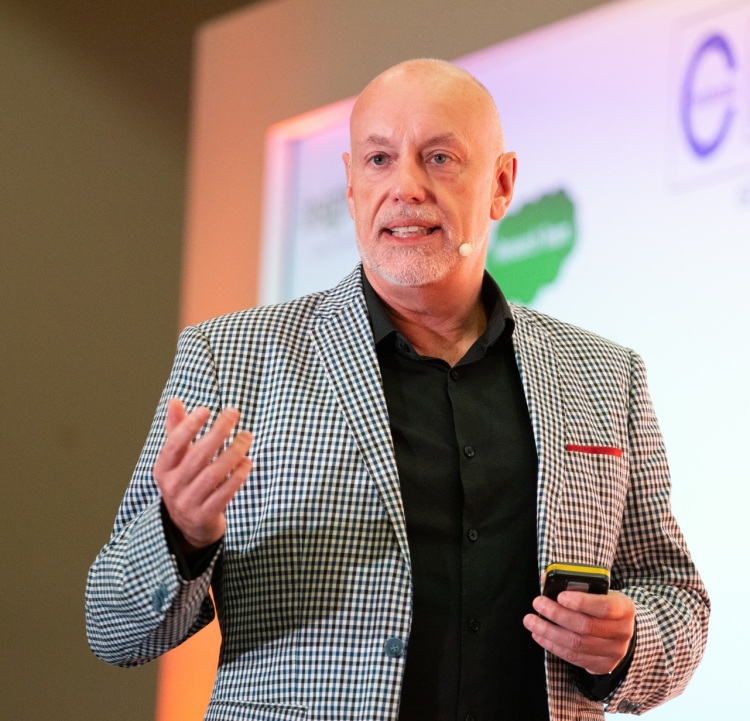
.jpg)
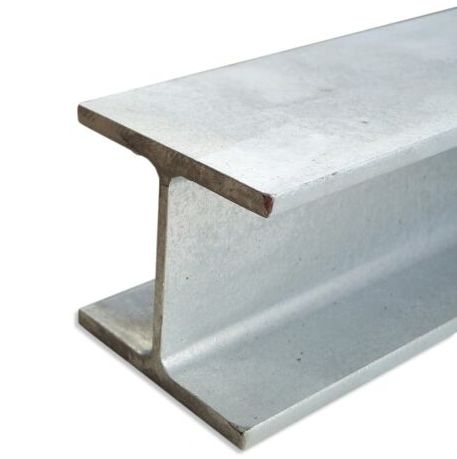
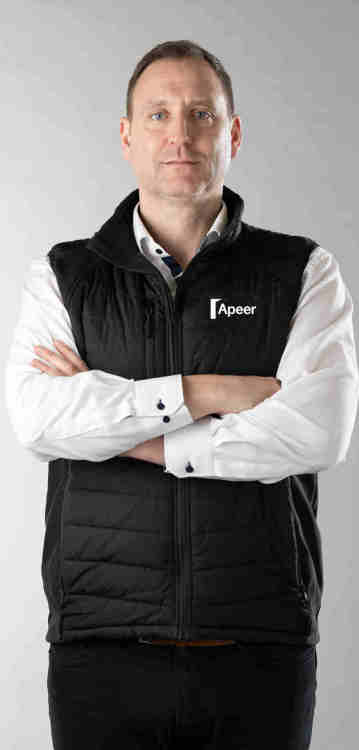
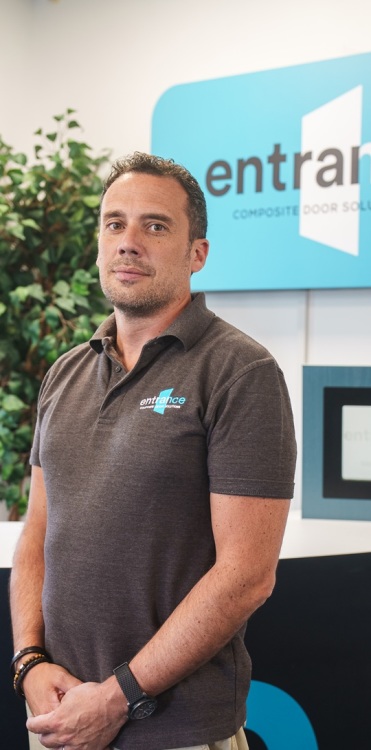
.jpg)
.jpg)
